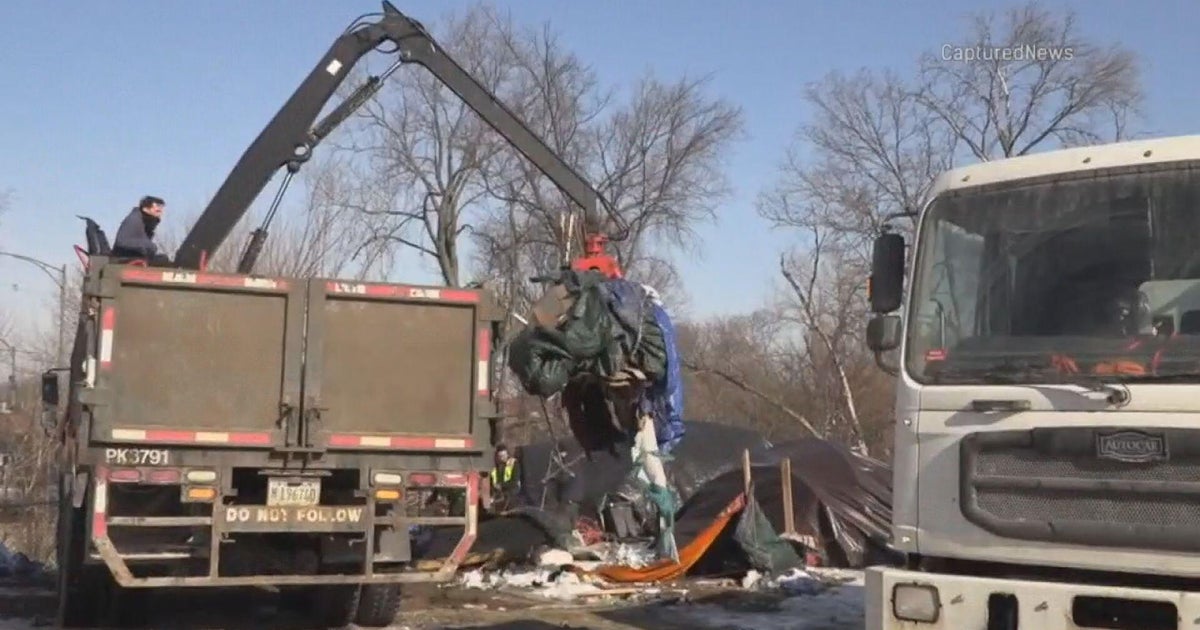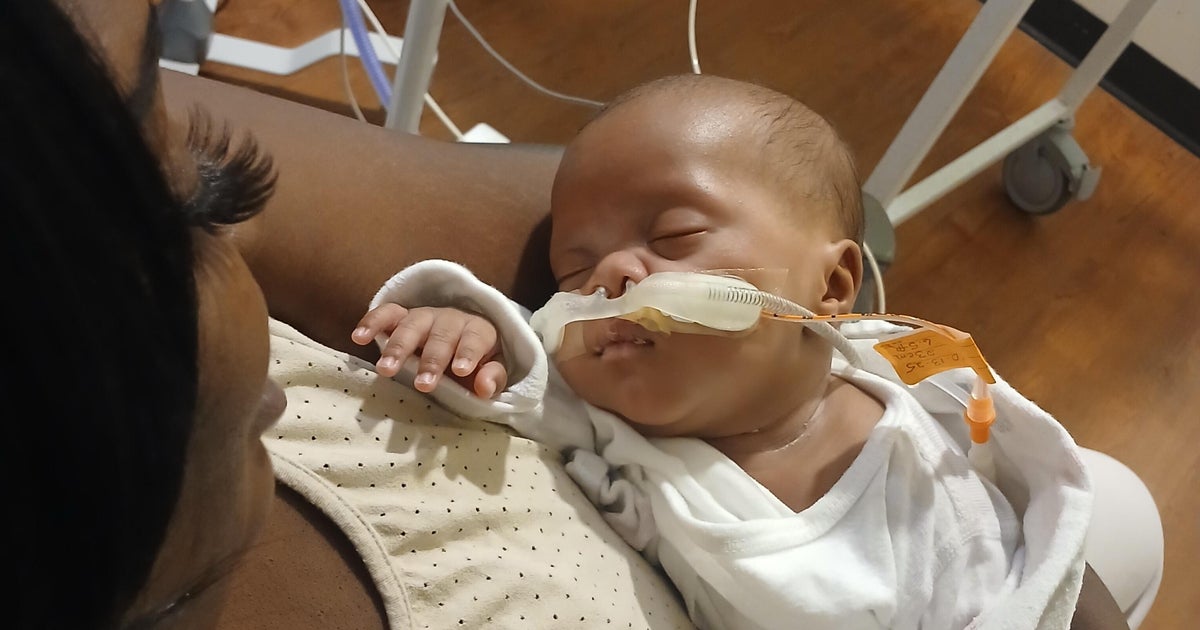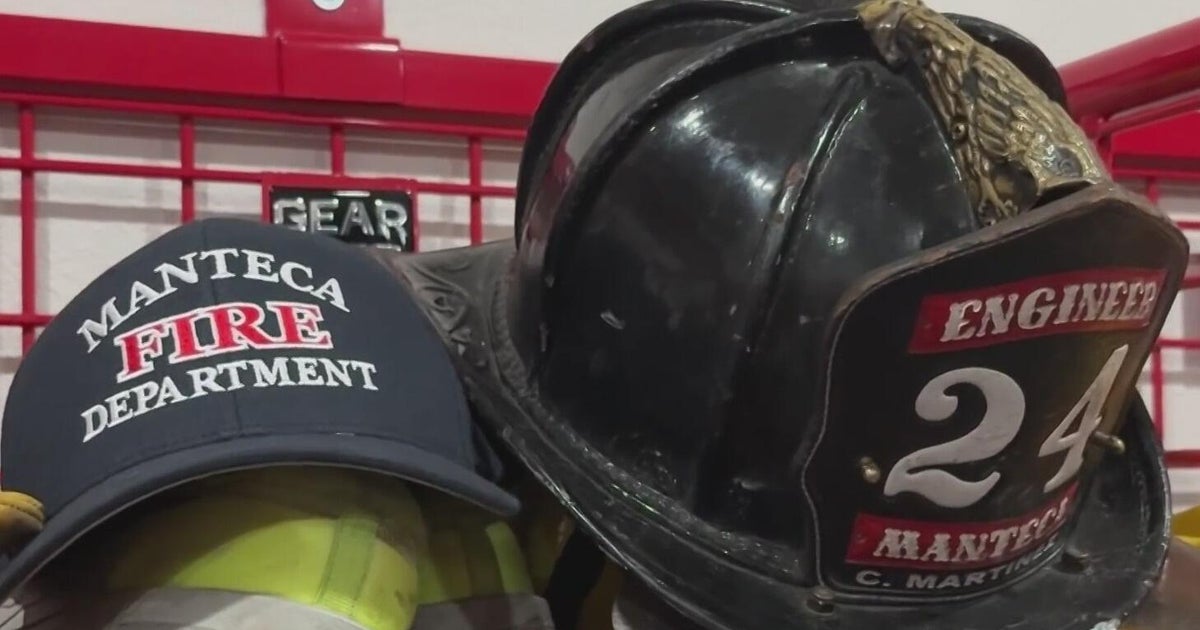I need help. I'm losing my mind.
 I have been talking about Donovan McNabb for so long now on WIP, he has become the focal point of my life. When someone asks me a question, I always wonder first how Donovan would answer it -- what irritating group of words he would select, which goofy face he would display. I'm thrilled that he's gone, but he's not really gone. Not in my tormented mind, anyway.
I have been talking about Donovan McNabb for so long now on WIP, he has become the focal point of my life. When someone asks me a question, I always wonder first how Donovan would answer it -- what irritating group of words he would select, which goofy face he would display. I'm thrilled that he's gone, but he's not really gone. Not in my tormented mind, anyway.
And the sad part is, I'm not alone in Philadelphia. So many of my callers on the Morning Show are like me, lying in wait for the next morsel of McNabb news so we can bare our fangs and launch into another tirade.
Why does Donovan McNabb have such a grip on our city -- and especially on me -- weeks after he was traded to Washington?
Well, there are a few reasons. First, he cannot stop himself even now from saying precisely the wrong thing. This has always been a talent of his, but it seems that he's getting even better at it now. He constantly refers to himself as a winner, though his fingers have no championship rings on them. He insists that he holds no grudges against Philadelphia, though every word seems to contain a negative agenda against us. He says he has moved on, but we know better. McNabb still hasn't moved on from his booing at the draft 11 years ago. What are the odds he has moved on from his long and controversial tenure in our city
And then there are the outside influences. Did McNabb's father, Sam, really have to compare his son's trade on Easter night to the resurrection of Jesus? Did the Washington media have to question our intelligence so fiercely as they embraced our exiled quarterback? Did the NFL have to announce his return to Philadelphia on Oct. 3, so soon after the trade? And did the team and the league have to raise questions about their timing by announcing the trade on the eve of the baseball season and by scheduling his reunion on the final day before the baseball playoffs?
Speaking of Oct. 3, I predict right now that McNabb's return will be an event like no other in our city's long sports history. The crowd will be intense, on both sides. His admirers will continue to cheer, remaining blind to his flaws. And his detractors will be louder and more passionate than ever, oblivious to his many football accomplishments and his contributions to the community.
Me, I'll probably be gone by then, relegated to a rubber room where I will spend my final days babbling about vomit at the Super Bowl and disastrous two-minute drills.
I'm losing my mind. I need help.
Angelo Cataldi







